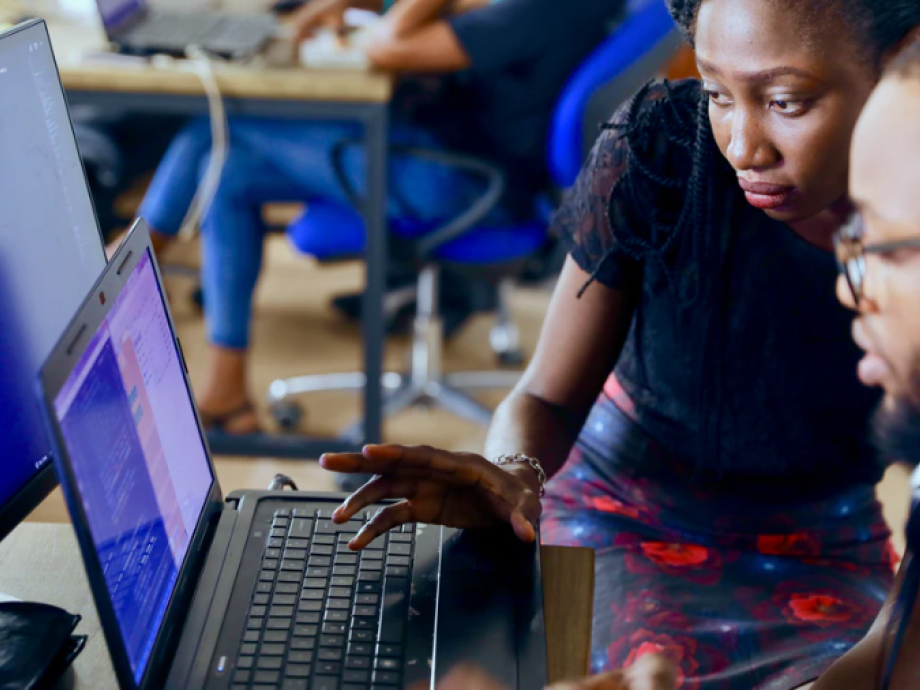Enhance cyber resilience with new technology
New technologies such as artificial intelligence do not just offer opportunities to make the Netherlands more digitally resilient. They are necessary. That is what the Rathenau Instituut says in its research, which was published today, 'Cyber resilience with new technology – An opportunity and a necessity'. According to the researchers, it is only a matter of time before malicious parties start using new technologies for digital attacks.

In short:
- New technologies are necessary to increase cyber resilience.
- Existing measures such as strong passwords remain important.
- The Netherlands and the EU can become more independent from the US and China with their own research and companies.
The research shows that in addition to artificial intelligence, strong forms of encryption are also needed to increase cyber resilience. According to the Rathenau Instituut, we need to start encrypting sensitive data as quickly as possible in such a way that it can withstand an attack with a quantum computer.
New and old
But we shouldn't just focus on new technology. It is also very important to make more and better use of existing but underused technologies. If even basic security measures such as strong passwords or software updates remain underused, there is little point in focusing on the latest innovations.
Europe versus the US and China
In addition, care must be taken that the Netherlands and Europe do not fall further and further behind the United States and China. More and more digital services in the field of cyber resilience are being outsourced to large foreign tech companies. According to the researchers, this means that the Netherlands and Europe are losing control and authority over data. These problems can be reduced by standard encryption of sensitive data, by imposing stricter requirements on suppliers and by developing more IT activity in the Netherlands and Europe.
Melanie Peters, director of the Rathenau Instituut, emphasizes the importance of our own IT companies in the Netherlands and Europe: "By developing more digital products and services ourselves, we can ensure that those products and services do justice to important European values such as security, privacy and autonomy.”